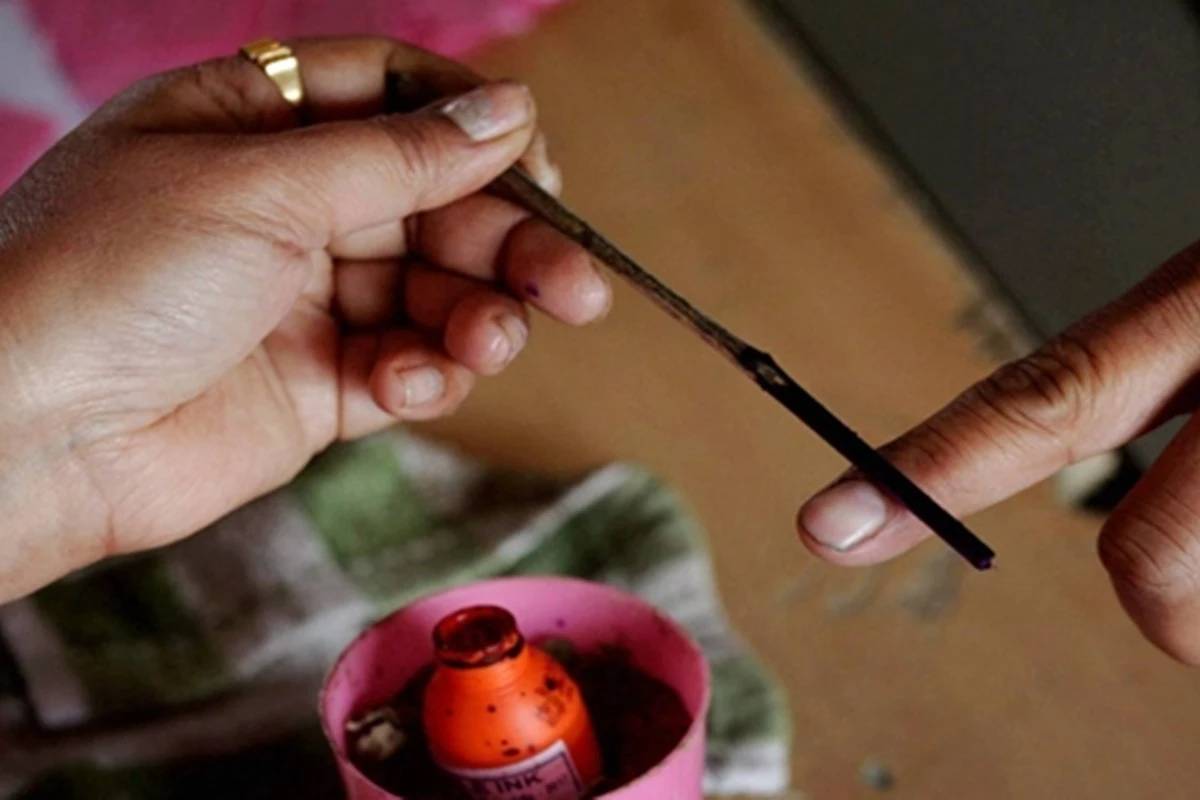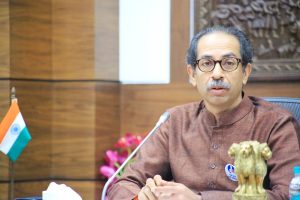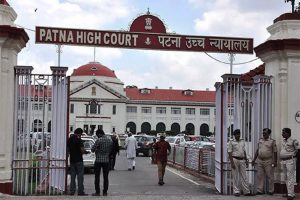The caste and religion resonance has largely remained out of bounds in the poll-bound Odisha politics contrary to the scenario elsewhere in the country where leaders seeking votes on the basis of caste, religion and language are too glaring to escape notice.
Caste calculation, religious affiliation has never emerged as a tool to woo voters.
Advertisement
This time, it’s no different. Parties will fight it out in the upcoming simultaneous general elections on development, policies and on pressing livelihood issues like price rise, lack of employability of job seekers, inflation. Caste, religion and identity politics largely does not figure in the list of priorities of vote seekers in the coastal State, analysts believe.
Of the 4.5 crore people in the State, around 40 per cent are Scheduled Tribe (23 per cent) and Scheduled Caste (17 per cent ). The Christians comprise 2.77 per cent and Muslims constitute 2.17 per cent while other religions comprise 1.14 per cent of the State’s population.
Though Odisha had become the second State to carry out Other Backward Caste (OBC) survey after Bihar to get a clear picture of the present social and educational conditions of the people belonging to backward classes, the much-hyped census is yet to reach its logical conclusion.
Though cases of cast-bound conflicts and communal disharmony have hit headlines on periodic occasions, these disturbing trends are few and far in the State. Conflicts do emerge, but the issues are amicably settled. But the blending of caste and communal issues rarely sneaks into electoral politics in the State, observe political observers.
As a matter of fact, both BJP and BJD here have made their bids to raise religion-based narratives on occasions. While the BJP raised the Ayodhya Ram Mandir consecration ceremony to mobilise people’s support, BJD often highlighted Puri Jagannath Shree Mandir Parikrama Prakalpa (SMPP) project around the revered shrine for Hindus, in Puri. But, these narratives will not be translated into votes and will not play a perceptible role in the polls, a large section of people in the State assert.
“We live in a place where there is a sizable population of Muslims. Our place has seen communal disturbances in the past. But amity returns as Hindus and Muslims here live here and had peaceful coexistence for decades together. Religion finds no place as far as voters’ preferences for parties are concerned”, said Harish Chandra Nayak, a voter of Kendrapara town in the coastal religion.
“In some of the villages in our revenue block, there may be social division on caste lines. Instances of social discrimination and ostracization have erupted in the past. But this has never emerged as a poll issue. People here vote on the credentials and popularity of parties and candidates”, remarked Tapan Swain, a voter from Khallikote block of Ganjam district.
Of course, there have been attempts to seek votes on caste lines in the past. But it has no takers, he concluded.











